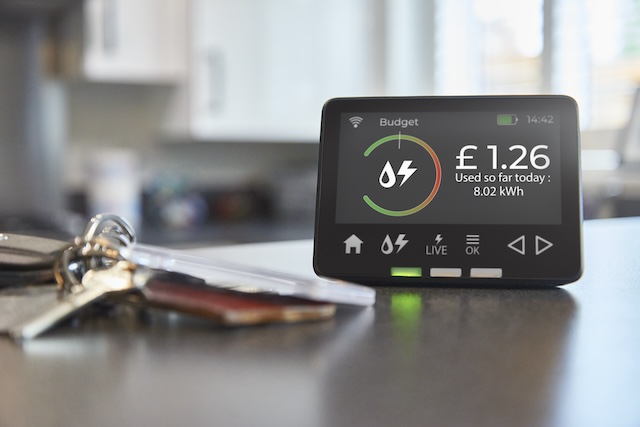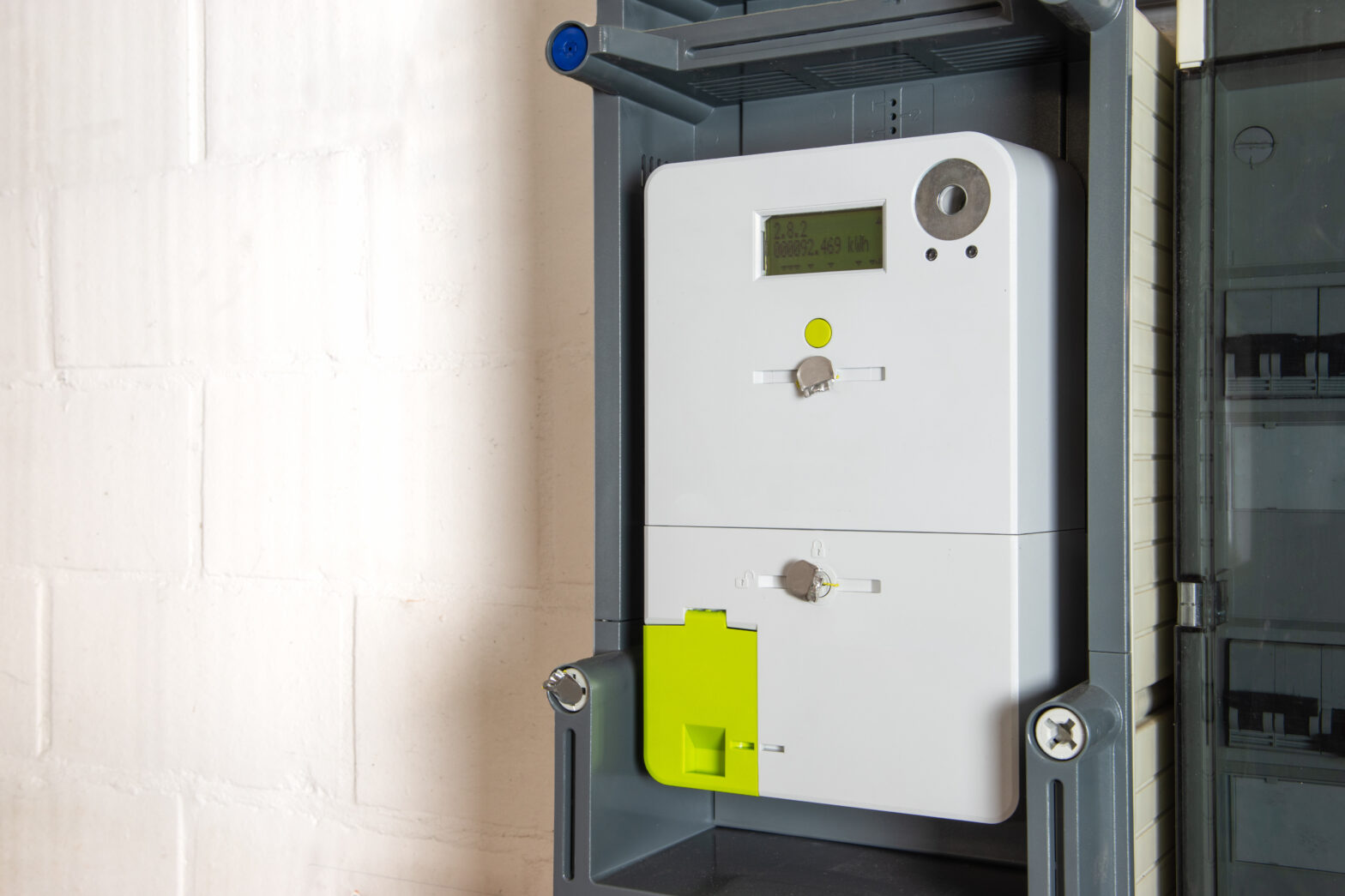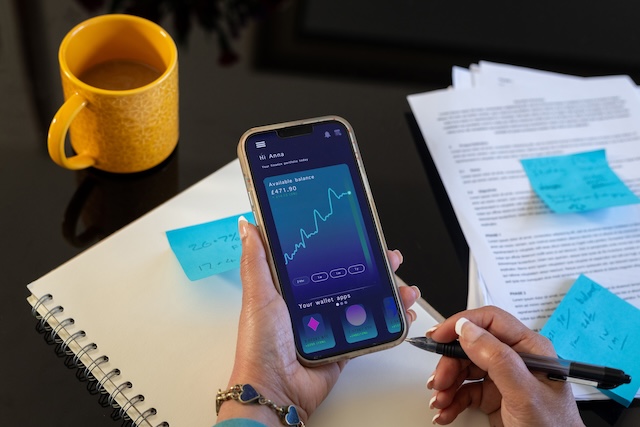March 2020 represented a turning point for British organisations. For many employers, what started years ago as a gradual shift towards remote working became a legal requirement overnight, as a stay-at-home order was introduced by the government.
Businesses adapted quickly and many set-up structures for employees to work from home, while others created measures to protect workers with social distancing and more stringent cleaning regimes.
Fast-forward to today and a hybrid workspace, in which employees are sometimes present in the workplace and on other occasions do their jobs from home, is commonplace.
Hybrid working on the rise
A survey of 600 business leaders published by the Institute of Directors (IoD) in May 2021 found that almost two thirds are shifting their organisation to between one and four days of remote working per week.
“As the economy re-opens, business leaders are grappling with the best working models going forward,” said Joe Fitzsimons, Senior Policy Adviser at the IoD.
“The flexibility of remote working has improved work-life balance for employees and cut down commuting expenses. In many cases it has also boosted inclusivity and hiring from different parts of the country.
“The IoD further stated that hybrid working,“providesthe optimum balance for business leaders as the economy re-opens.”
On the face of it, this sounds like good news for energy consumption for small businesses. Fewer people in the workplace might mean less requirement for lighting and heating, as well as lower use of electrical equipment such as desktop computers and landline phones. Although, it should be noted, that while energy usage has been lowered in the workplace, it has increased in homes as people have been confined to remote working.
According to new figures by Gazprom Energy, something as simple as leaving a PC on standby overnight adds £10 to annual electricity bills. Multiply that by 10 members of staff and the cost – as well as your environmental impact – begins to rise.
The same can be said for laptops, additional monitors, televisions, speakers and chargers, as well as ‘always on’ office equipment such as fridges, printers and scanners.
“With more time between visits to the workplace, there’s a much greater potential for electronics, lighting and heating to be left turned on, or on standby, when not in use,” said Gazprom Energy’s Grace Rothery.
“With many predicting that hybrid working will last for at least 12 months, employees could be accumulating a hefty electricity and gas bill for their organisation.”
Read more: Installing a smart meter: a step-by-step guide for your small business
Adjusting to the ‘new normal’
With hybrid working now a reality for large swathes of organisations, there has never been a better time to review your energy bills and strategise ways to keep expenditure to a minimum.
That could mean heating, air conditioning and lighting only the parts of your premises that are in use,or reminding staff members to turn off equipment before they leave the office, especially when entering a period of home working.
It might be that seating plans need a fresh perspective, or that large devices purchased to accommodate full offices, such as microwave ovens, coffee machines and even gym equipment could be scaled down instead of replaced like with like.
Installing a smart meter is another way to help your business monitor and manage its energy consumption.
In Britain, more than 24 million smart and advanced meters have already been installed into homes and businesses, and the number is increasing all the time.
Meter readings are sent to your supplier, stripping out the need for an engineer visit, while you also have the chance to act on information about energy-intensive equipment and usage patterns.
Armed with this data, organisations have a better chance to make a positive difference in the hybrid workspace, reducing the cost of doing business while also making your office a greener space.
The coronavirus pandemic has changed working patterns more than any other event since the invention of the internet. But by taking stock of your business, analysing the impact of lower staff numbers in the workplace and updating how you acquire and use equipment, businesses can rise to the challenge of the hybrid workspace, making it more productive and cost effective, while also providing new benefits to your workforce.
For more information about the benefits of installing a smart meter in your workplace, visit the Smart Energy GB at smartenergygb.org
This article is part of a paid-for information campaign for Smart Energy GB





